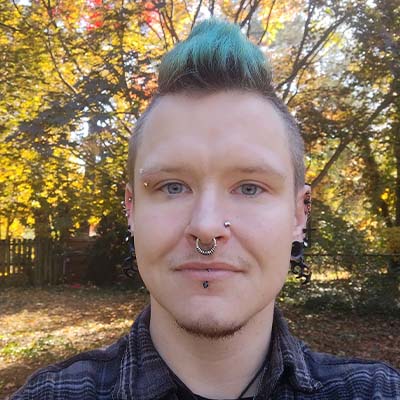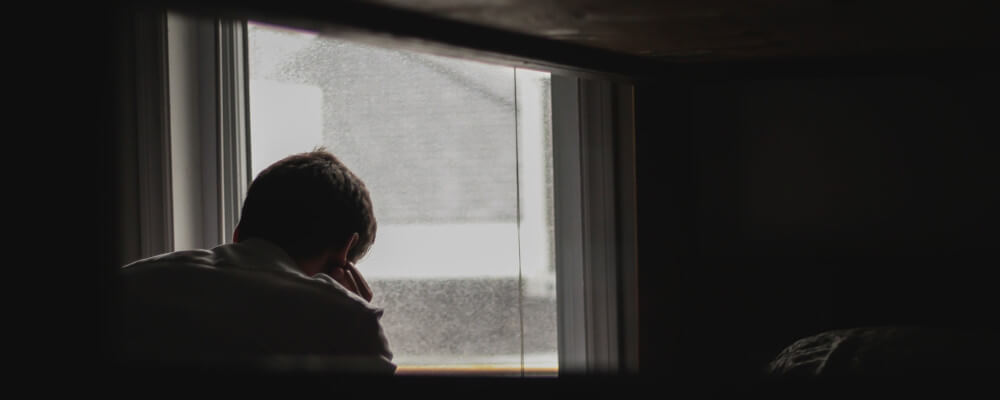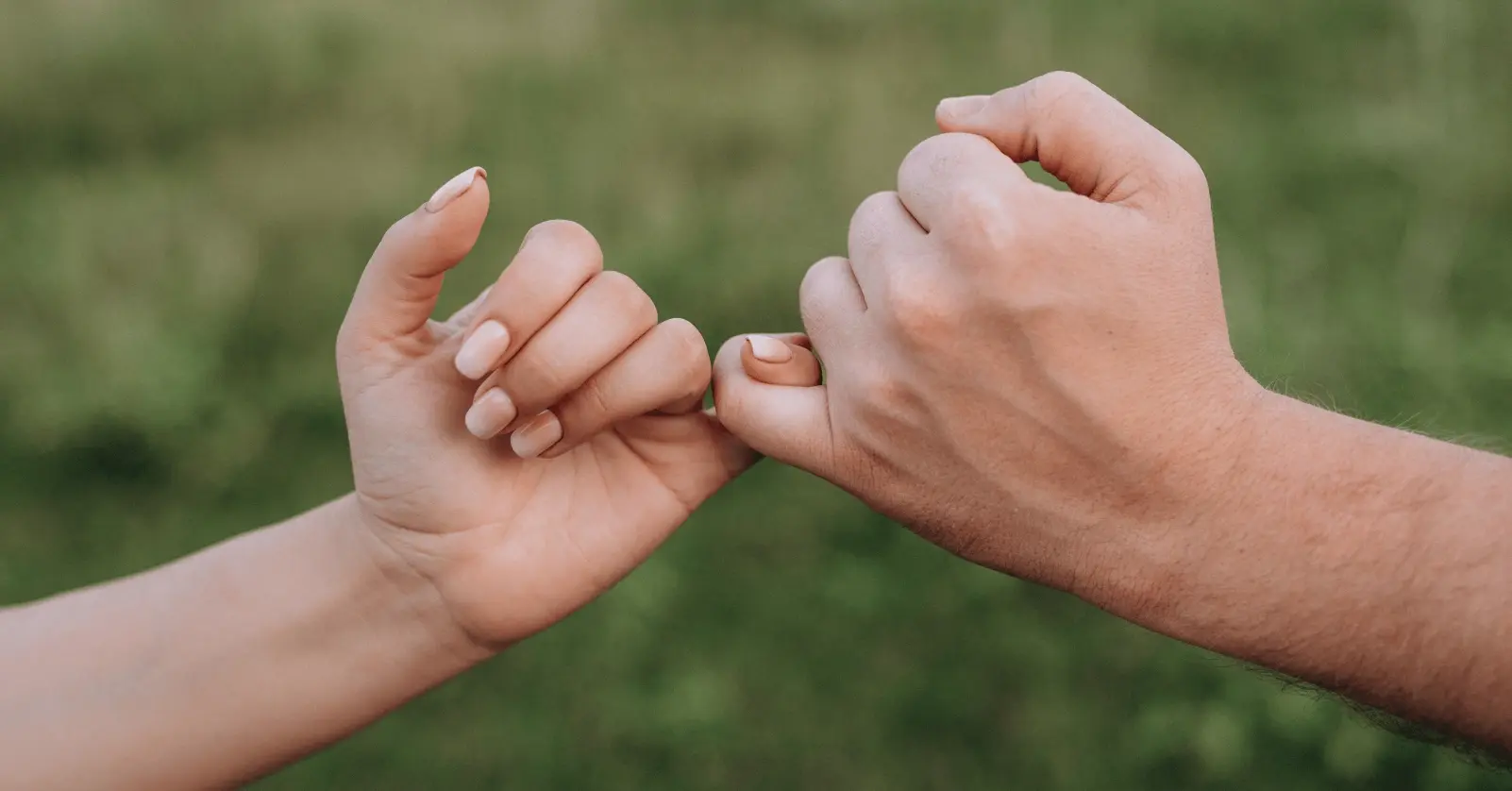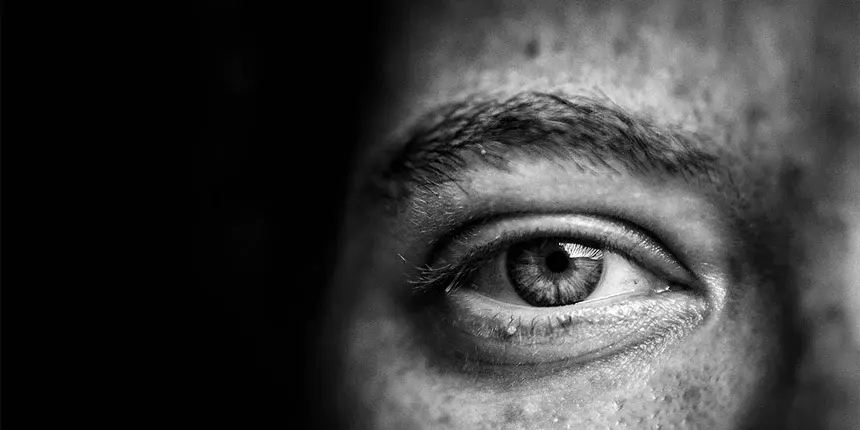.png)
How Attachment Styles Influence Our Anxiety About the World's Uncertainty — And What to Do About It
Read this if you're terrified and have no idea what is going wrong with the world!
Is anyone freaked out about what is going on in the world? Everything seems ... dysfunctional, right? It's like your dad’s creepy divorced friend decided to crash at your house last weekend and now all of a sudden he’s rearranging your furniture and invading the Treasury Department.
Not a good time …
I’m a clinician at Lifeologie Counseling Raleigh and a transgender person. I hear from a lot of people who are worried about the world we live in and the direction it's heading. People don't know what to do with themselves. It's confusing and scary and no one feels prepared to deal with the reality we are facing because everything is uncertain.
I have an explanation for what is happening. And while there are solutions that I’ll share soon, I think it's important that people first understand what we are experiencing.
attachment styles
I work with attachment theory. A main tenet of attachment is that people with secure styles of attachment can:
- acknowledge their needs
- communicate clearly and consistently
- give and receive care from others
A secure attachment style helps people develop a positive sense of self, the ability to resolve conflict constructively and rely on others when they need help or support.
Now a question. How many people do you know who:
- don't talk about their feelings or know what they are
- have trouble asking for help
- have trouble admitting when they are wrong
- don't ask questions
- are afraid of conflict
- get defensive
- are afraid of being alone
- are afraid of commitment
- people-please
- attack others’ feelings when their feelings are hurt
- put their problems on other people
- focus too much on themselves
- focus too much on taking care of others
- don’t know who they are or what they like
- shutdown or ignore negative feedback
- laugh off criticisms
- make assumptions about people's intentions
- have trust issues
I don't know about you, but almost everyone I know, myself included, has at least two or more of these traits. I think over my lifespan, I've met maybe 5 people who haven't had any of these traits at all.
(Bonus points if I’m describing you or a loved one. If you live in North Carolina, you win a free 15-minute consultation with me for therapy!)
The above traits correlate to the opposite of a secure attachment style, insecure attachment. Now, having one or two of these traits doesn't mean you have an insecure attachment style, but they may indicate an insecurity. An insecurity is a perceived characteristic or trait that makes you believe your needs for survival will not be met.
As you can probably tell based on their behaviors, a lot of people have insecurities. And an important rule to note is that insecurity attracts insecurity and security attracts security. Now, attachment affects individual behavior, group interactions, and perceived expectations for how safe the world is. If a group of securely attached individuals come together to help each other out for survival, that is going to develop a secure community where people feel safe and connected. They can rely on their neighbors for help and are comfortable and compassionate in offering support to those in need. They feel safe letting their kids run around because parents trust their child is protected by the community, and by extension, the world itself.
Likewise, if you have a group of insecurely attached people join together for survival, that will result in an insecure community, which for the record, barely constitutes a community in my book.
That looks like:
- inability or perceived inability to protect members from serious dangers/threats to survival - poor or no communication about plans, thoughts, motivations, goals
- lacking guidance and structure from people in positions of authority
- lacking reliability in meeting survival needs (can't depend on community to help with food or shelter)
- ignoring, dismissing, or invalidating feelings and experiences of outside groups and others within the community
- allowing others to be taken advantage of in order to survive
- assuming malicious or negative intentions of others
- reacting to situations in fight/flight/freeze/fawn (Think defensive, hostile, cold, avoidant, placating, manipulative, arrogant, fake nice, deer in the headlights)
Okay. That's attachment. And it's why we may feel our world is falling apart.
We left Britain, why? Because Americans felt like our needs weren't being mutually met and wanted independence. That's not inherently insecure. In fact, it's healthy to separate when it's needed for growth. But what specific values were we operating under? Slavery and Protestantism; two values based on depriving people of their basic human worth, safety, and security and a deep inherent sense of shame. Add a hefty dose of capitalism and a dash of the myth of “rugged individualism” and let it ferment for 250 years and you can start to see the uniquely insecure (and frankly, unappetizing) broth we’ve all been boiling in.
Our current challenges are natural consequences of our past. Dysfunction is cumulative, you see. If you don't address attachment issues in a family or group, that group will get progressively more dysfunctional over time. Let's use my family as an example. I studied my genealogy and found that most of my lineage were casual alcoholics around Philadelphia through the early 1900s, and while they at least had some network of family support, now my mom and my uncles live scattered across three states and haven't talked in years. I've met one uncle maybe twice. My family didn't, or couldn't, do the work to rebuild the security of the family as a whole, so that insecurity and stress became a part of how we all, as individuals, learned to survive.
And I want to be clear, this is not a blame thing. When other people respond defensively to you expressing your needs in a healthy way, it is not reflective of your attitude towards them, it reflects their insecurity. Secure attachment means we can say these things and understand that it's okay because we all want to do better for each other and ourselves and none of us are perfect.
So, that's the framework. We are a country with a tradition of insecurity. Yes, we need money to survive in society, but money is not a human need. We need love, connection, support, and respect. Capitalism’s pursuit of as much profit as possible has created a society that is inherently difficult. If we don't have enough money, we can't meet our survival needs. And we won't have enough money because jobs don't pay enough, government aid programs are underfunded, schools are unable to provide adequate support, medical expenses are unaffordable.
Some people get the most resources which means the rest of us have to sit in the discomfort of risking our survival and living in that insecurity and that messes with everything. And that insecurity attracts insecurity. Which is part of why we have Slenderman and the Big Cheese playing superheros for president. We were vulnerable and insecure and needed help. Instead, we got this.
I want to acknowledge that the explanation is bleak. But I promised you solutions:
First solutions: education and awareness. Education and awareness are important tools to building security because when we are certain of what we know, and when we understand the nature of our experiences, we can appreciate why we are feeling what we’re feeling and understand this as a part of normal human existence. When the past is just confusing and the future is a big, scary jumble, we can’t trust that we are going to be safe enough, or even survive, to feel any real security. So just reading this can help with any uncertainty you may have about the world right now.
While we can't control everything that will happen, we can make plans for what we will do when things go wrong. Making a plan makes the future less unknown, and that creates certainty, which increases security and decreases anxiety.
Picture the worst case scenario. What do you imagine happening? Okay. Then what would you do if that happened? If you can do something even in the worst case, and make a plan, you can show yourself that you will survive no matter what happens. It doesn't mean you are death proof, after all death is a natural part of life, but it means that you have more options than you may have initially believed. It means you can protect yourself and, ideally, both give support and receive support from others.
Which leads directly to our next solution: develop your strengths and your community. Dysfunction is dysfunction and insecurity attracts insecurity. But you are not trapped in this negative dynamic and you are not alone. Self-confidence and resilience are the keys to breaking free of the fear and hopelessness that “team insecurity” relies on to thrive. Find your strengths and use them in collaboration with those around you. And when you feel tired, know that there are those who are there to lift you up. Who you trust and rely on is up to you, but there is a community out there for you built of people who all have the same human needs.
We all want the same thing: to feel safe and loved. Find them. Rethinking and reprioritizing how we approach our relationships, first as individuals, and then as communities, will allow us to heal as a nation from this generational trauma of insecurity. Together, we will be okay, even when we don’t feel like we are. We can develop the security to believe in ourselves and our community, and that's what makes a bright future possible; a future built on secure attachment. Security is unshakeable. Together, we can build security for us all, for our nation, and for the world.
where to go next if you're feeling insecure
I help clients of all ages address anxiety, personal identity and self-expression, depression, trauma, and adjusting to life’s unexpected challenges. If you need support developing your strengths and secure attachment skills, reach out to me at Lifeologie Counseling Raleigh or find a compassionate counselor at a Lifeologie location near you!

About Madison Sellers
Madison Sellers helps clients of all ages address concerns surrounding anxiety, grief and loss, major life transitions, personal identity and self-expression, depression, trauma, and adjustment difficulties. As a counselor, he enjoys helping his clients find their preferred method of communicating and expressing themselves and assisting them in developing tools to successfully navigate life on life’s terms. He is currently accepting new clients at Lifeologie Counseling Raleigh, NC.
Meet Me



